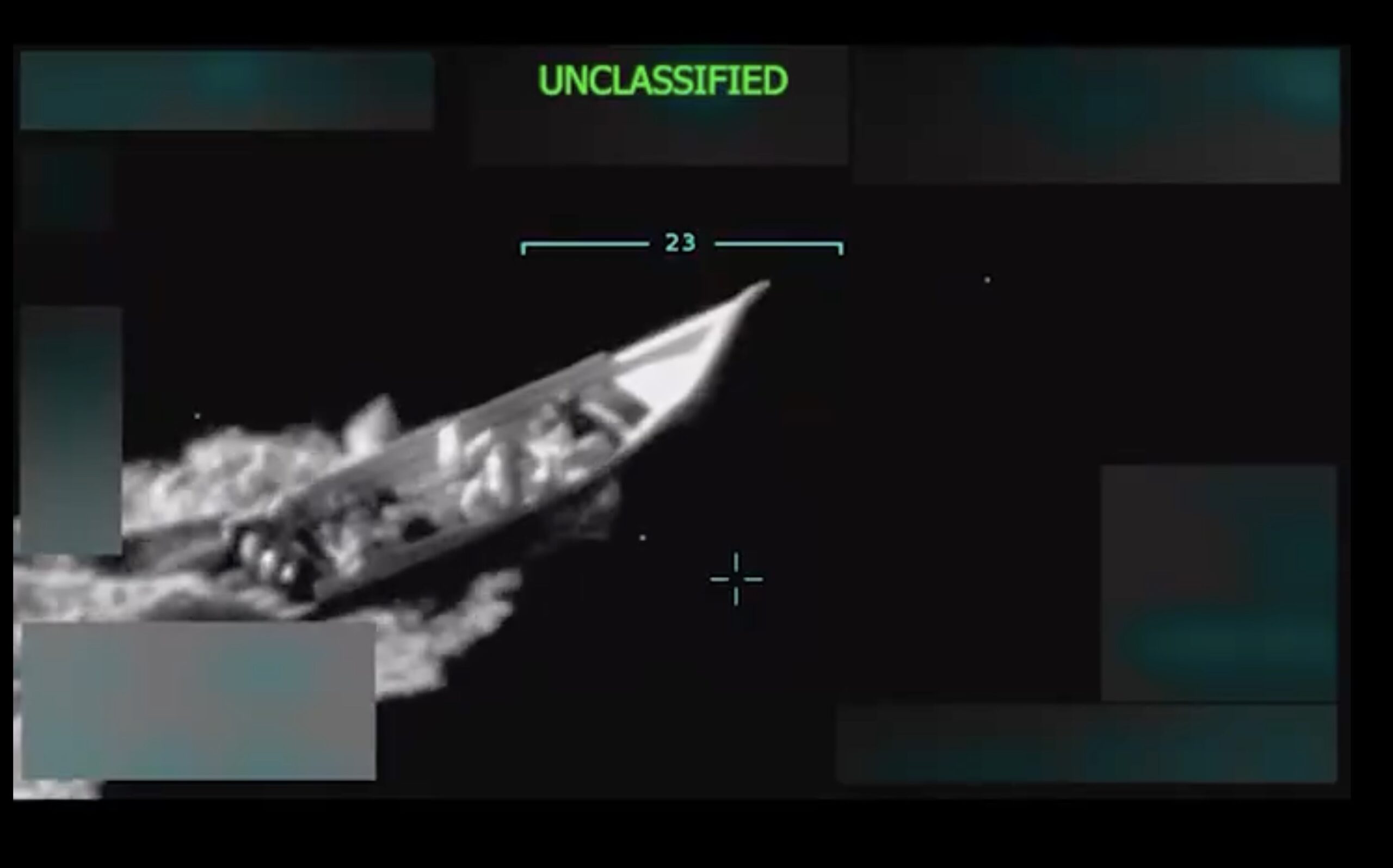A U.S. military strike in the Caribbean on September 4, 2023, resulted in the deaths of 11 individuals aboard a vessel linked to the Tren de Aragua drug cartel. President Donald Trump claimed the vessel was transporting illegal narcotics and that the cartel is a terrorist organization involved in violent crimes in the United States. This incident has ignited a debate regarding the legal authority invoked for the attack.
Presidential Authority and Military Action
Under the U.S. Constitution, the power to declare war resides with Congress. However, the president serves as the commander-in-chief of the armed forces and has historically conducted military operations without congressional consent. According to a memo from the Office of Legal Counsel, presidents can justify limited military actions abroad if they align with national interests and do not escalate to war.
Traditionally, military strikes have targeted enemy combatants or terrorist groups like al Qaeda. The recent strike diverges from this precedent, as the U.S. Coast Guard typically handles operations involving illegal narcotics. Legal experts assert that if the Coast Guard had encountered the vessel in a threatening manner, they would have had justification to defend themselves. In a social media post, Trump shared a video that appeared to show an airstrike destroying the vessel, but the administration did not provide evidence of an imminent threat or that the vessel was armed.
Legal Implications Under U.S. and International Law
The legal justification for the strike under U.S. law remains contentious. The Tren de Aragua cartel does not constitute an active enemy force in the same manner as al Qaeda or similar terrorist organizations. Many observers consider the individuals on board the vessel as civilians, which raises concerns about potential extrajudicial killings.
The United Nations Charter prohibits the use of force against other nations while acknowledging the right to self-defense. The U.S. may argue that the attack was an act of anticipatory self-defense, especially since Trump indicated that the cartel was under the influence of Venezuelan President Nicolas Maduro. Yet, without evidence of an imminent attack or prior aggressions from Tren de Aragua, this justification may not hold under international law. Venezuelan authorities have also disputed claims regarding the cartel’s activities in their country.
The location of the incident plays a critical role in the legal assessment. Trump administration officials stated that the vessel was in international waters. However, if the vessel was flagged, this could imply that the attack occurred within the jurisdiction of the flag state, significantly complicating the legal landscape.
Potential Challenges to the Attack’s Legality
While the Venezuelan regime and Tren de Aragua are largely viewed as international pariahs, the legality of the attack could still face challenges. Members of Congress have voiced criticism and have imposed restrictions on the president’s military authority. In recent years, Congress has gradually ceded war-making powers to the executive branch, which complicates potential legal recourse.
Legal challenges in U.S. courts regarding presidential authority to conduct such strikes typically encounter significant obstacles, as courts generally defer to the president on foreign relations and security matters. Families of victims might pursue civil litigation against the administration, but such cases can become protracted and costly.
The risk that a military action could inadvertently target a U.S. citizen also looms large. The Obama administration faced extensive legal scrutiny after it authorized the drone strike that killed U.S.-born al Qaeda leader Anwar al-Awlaki, citing his imminent threat status. The potential for similar litigation exists in this recent incident.
Internationally, the strike could be brought before a tribunal like the Inter-American Court of Human Rights, which has historically addressed human rights abuses. While the U.S. is not a party to this court, it could still impact diplomatic relations, complicating future cooperation on drug enforcement and immigration initiatives.
In summary, the U.S. military’s decision to strike a vessel linked to a drug cartel has raised significant legal questions, both domestically and internationally. As the ramifications unfold, the incident is likely to influence ongoing discussions about military authority and the complexities of international law.
